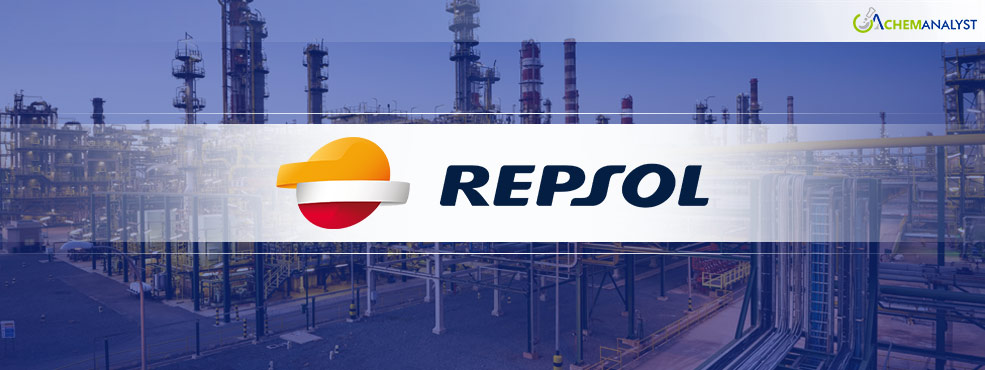Welcome To ChemAnalyst

In a groundbreaking move set to transform Europe's renewable energy landscape, Spanish energy giant Repsol has committed to a multi-million-euro investment to build the continent’s first-ever waste-to-methanol plant. Located in Tarragona, Spain, the Eco plant project will be a game-changer in the production of renewable methanol, using innovative waste gasification technology to turn municipal solid waste into circular, renewable fuels. This facility is expected to be operational by the end of the decade, positioning Spain at the forefront of sustainable fuel production.
The Eco plant will process substantial quantities of municipal solid waste annually, converting it into valuable renewable methanol and other circular products. As the first project of its kind in Europe, it represents a bold step in addressing two critical global challenges—waste management and the decarbonization of the maritime industry. The renewable methanol, alongside renewable diesel, offers a mature and viable solution to reducing carbon emissions in shipping and other hard-to-decarbonize sectors.
The new facility will be integrated into Repsol's existing industrial complex in Tarragona, optimizing the use of current infrastructure and accelerating the plant’s development. This strategic decision ensures the project is not only cost-effective but also highly efficient, reducing the need for new infrastructure and enabling a faster implementation timeline. By utilizing this existing industrial footprint, Repsol can streamline operations, lowering the environmental footprint and ensuring the plant’s swift integration into the company’s broader energy ecosystem.
In a further boost to the project, the European Union has selected Eco plant for funding under its Innovation Fund program, recognizing the facility’s potential to make a meaningful impact on the maritime sector. With the EU’s ambitious emissions reduction targets for maritime transport, the Eco plant’s ability to produce renewable methanol could play a crucial role in meeting these goals. Renewable methanol is increasingly being touted as one of the most effective solutions for sustainable maritime fuel, especially since it requires fewer infrastructure changes compared to alternatives like hydrogen or ammonia.
The investment also underscores Repsol’s broader strategy to lead the renewable fuel market in Europe. With renewable diesel already being produced at its Cartagena facility, the company’s expansion into methanol production demonstrates a comprehensive approach to meeting the growing demand for cleaner fuels in the shipping industry. As the global maritime sector faces pressure to reduce emissions, Repsol’s pioneering Eco plant project offers an immediate, scalable solution that can be adopted without major modifications to existing fleet infrastructure.
Once operational, the Eco plant will not only provide a much-needed renewable fuel source but will also generate hundreds of permanent jobs in Tarragona, with thousands more during the construction phase. This investment is set to boost the local economy while supporting Spain’s leadership in the renewable energy transition.
Repsol’s Ecoplant project marks a significant milestone in the company’s commitment to sustainable fuel solutions and the circular economy. With growing pressure on industries worldwide to reduce their environmental impact, the facility stands as a beacon of innovation and a model for future renewable fuel production in Europe and beyond.
We use cookies to deliver the best possible experience on our website. To learn more, visit our Privacy Policy. By continuing to use this site or by closing this box, you consent to our use of cookies. More info.
